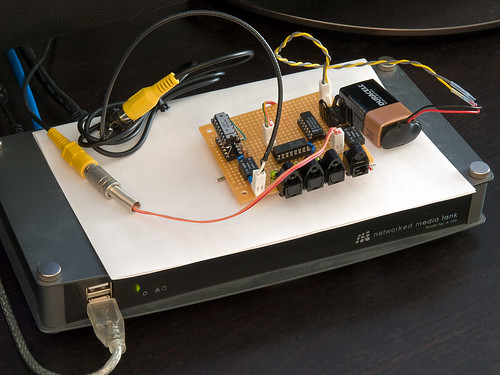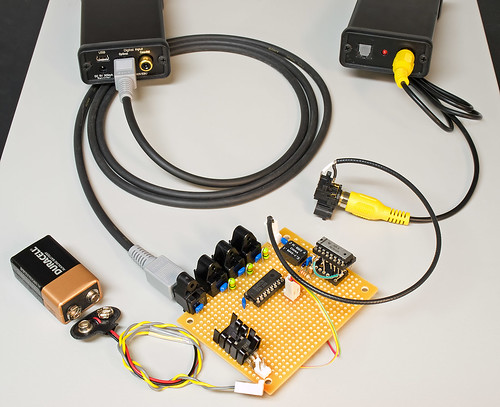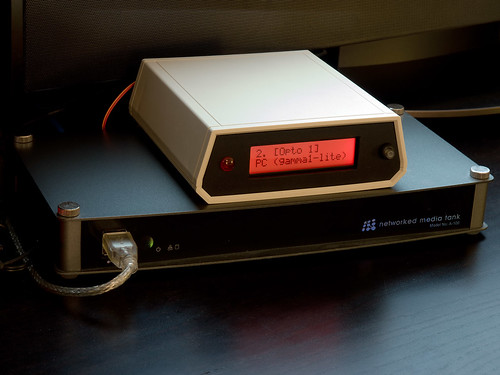wavoman
Headphoneus Supremus
- Joined
- Jan 19, 2008
- Posts
- 1,873
- Likes
- 45
Hey nothing is passing zeros and ones. Digital (non-optical) cables are wires, they carry electrical signals, just like analog cables. Digital cables are supposed to be carrying square waves. They don't quite make it. The receiver can miss an edge, but 3 out of 5 voting usually recovers the one or zero perfectly.
Buffers and plls make timing on the receive side much easier. Still there are hard real-time clocking requirements and if the recieve firmware misses a packet (I am thinking USB audio here) it will carry forward the last packet and you no longer have bit perfect re-construction (but don't worry, you won't hear it). With enough interference you can slow down or distort the square wave enough to cause a problem. About 0% chance this is audible, however. Still I buy reputable cheap cables, not unknowns.
I failed a very careful blind test pitting a radio shack 75 ohm video cable against a $1000 S/PDIF exotic. I was already convinced before that, but this was icing on the cake.
So I'm with the "don't spend big bucks on digital cable" people, although I will not attack anyone who says they can hear a difference. Maybe they can, who knows. But please, no more "it's just zeros and ones", or references to file transfer or other nonesense, or ignoring the real-time requirement on transmission. It's not "bit perfect" we need, it's "bit perfect at the right moment in time".
Buffers and plls make timing on the receive side much easier. Still there are hard real-time clocking requirements and if the recieve firmware misses a packet (I am thinking USB audio here) it will carry forward the last packet and you no longer have bit perfect re-construction (but don't worry, you won't hear it). With enough interference you can slow down or distort the square wave enough to cause a problem. About 0% chance this is audible, however. Still I buy reputable cheap cables, not unknowns.
I failed a very careful blind test pitting a radio shack 75 ohm video cable against a $1000 S/PDIF exotic. I was already convinced before that, but this was icing on the cake.
So I'm with the "don't spend big bucks on digital cable" people, although I will not attack anyone who says they can hear a difference. Maybe they can, who knows. But please, no more "it's just zeros and ones", or references to file transfer or other nonesense, or ignoring the real-time requirement on transmission. It's not "bit perfect" we need, it's "bit perfect at the right moment in time".











